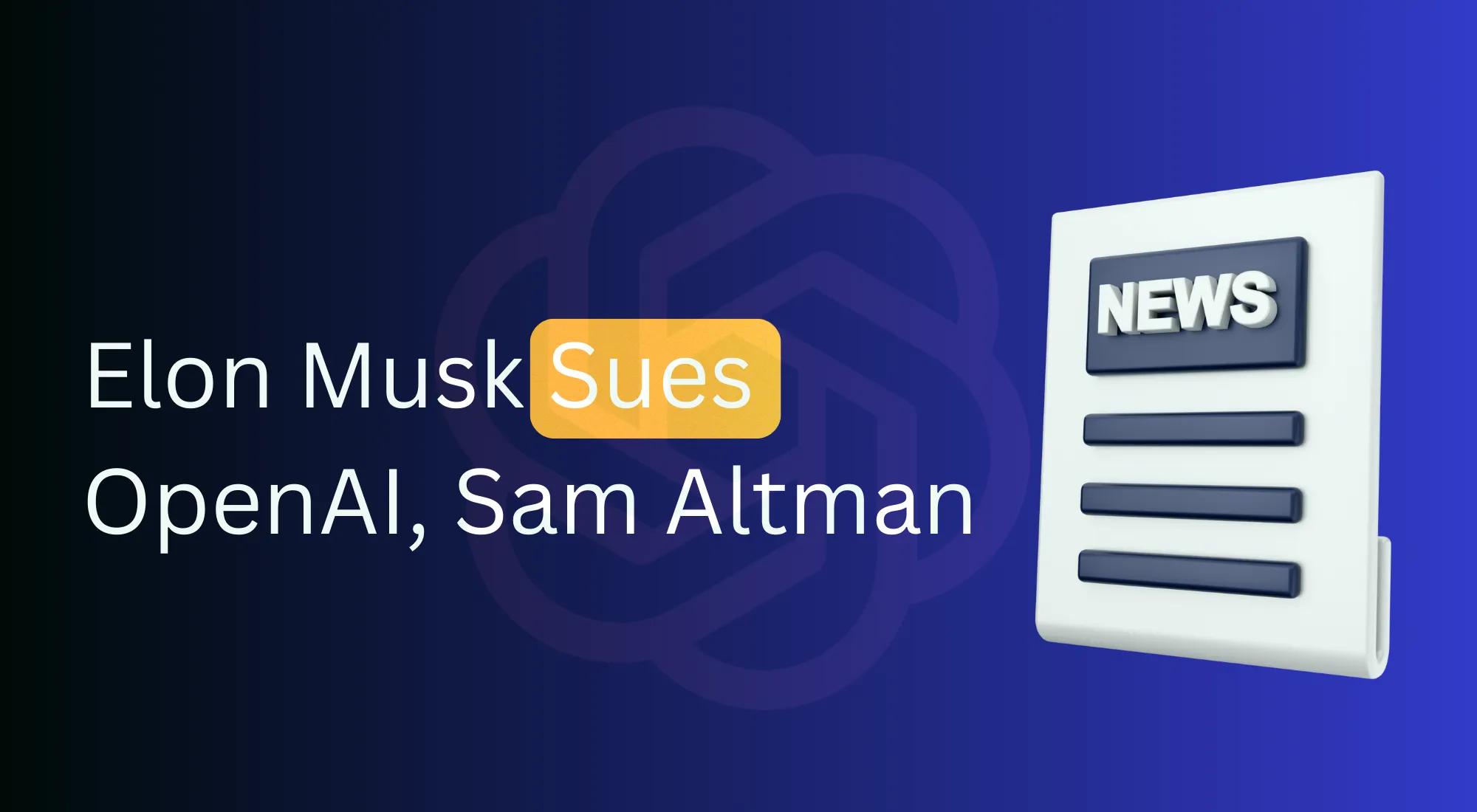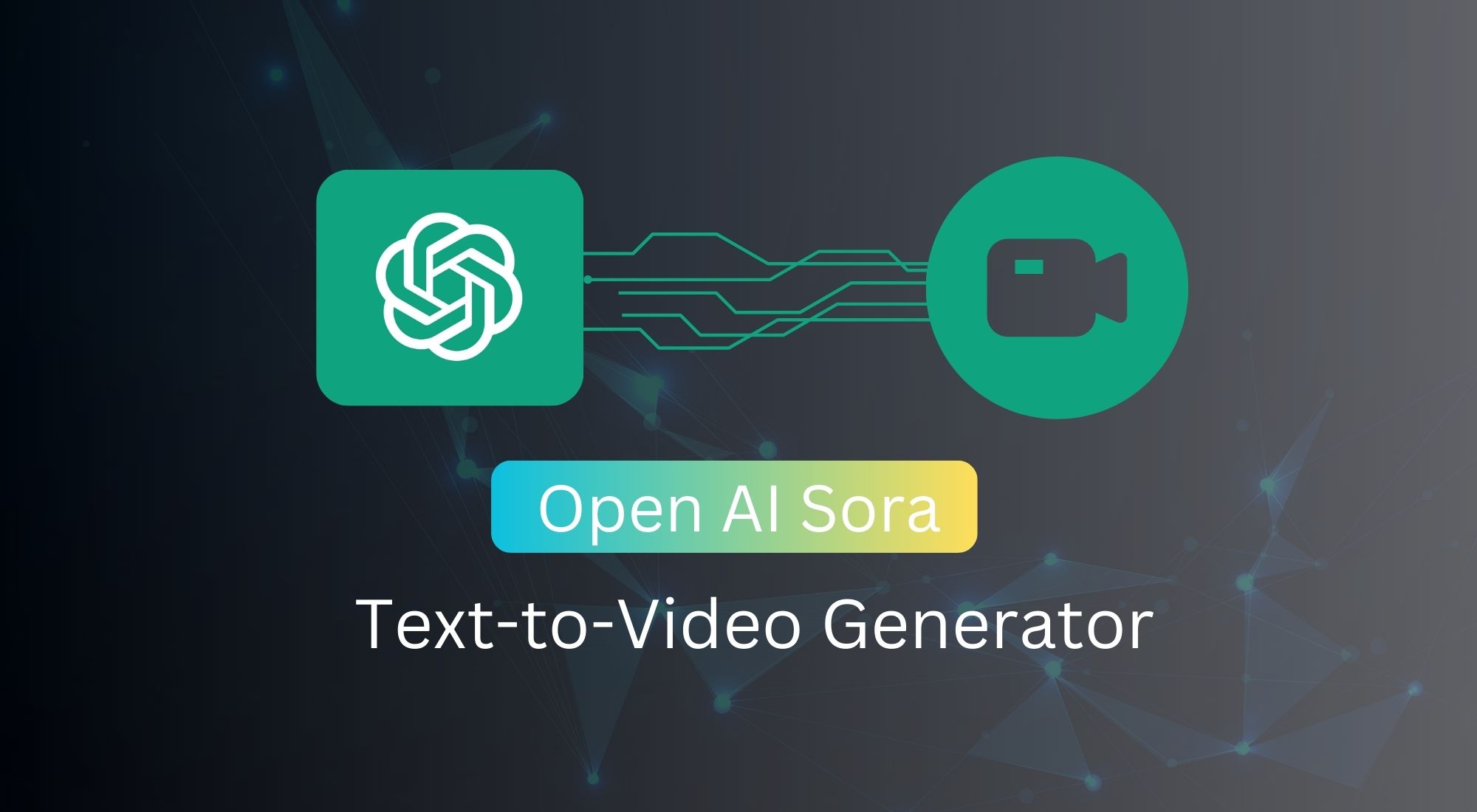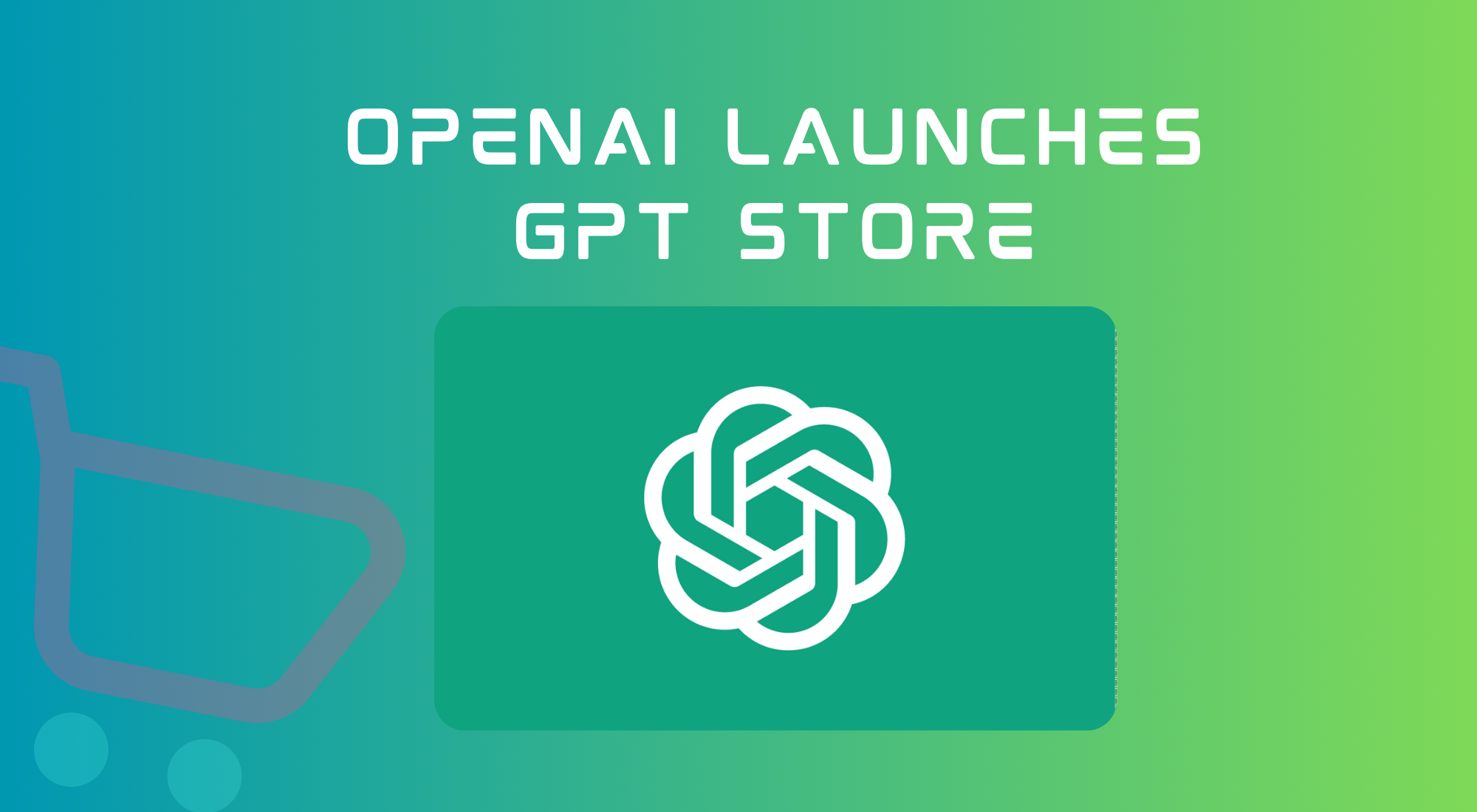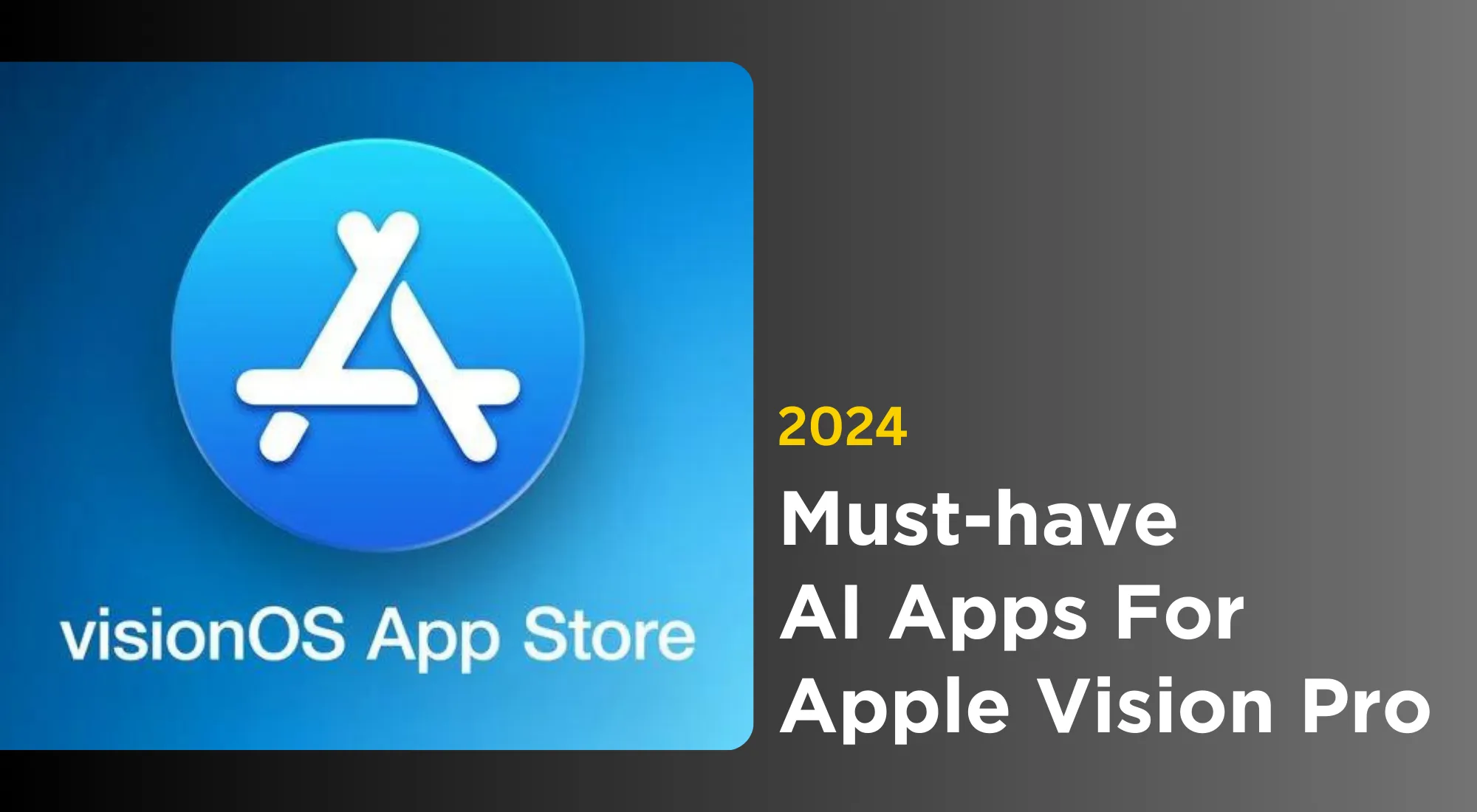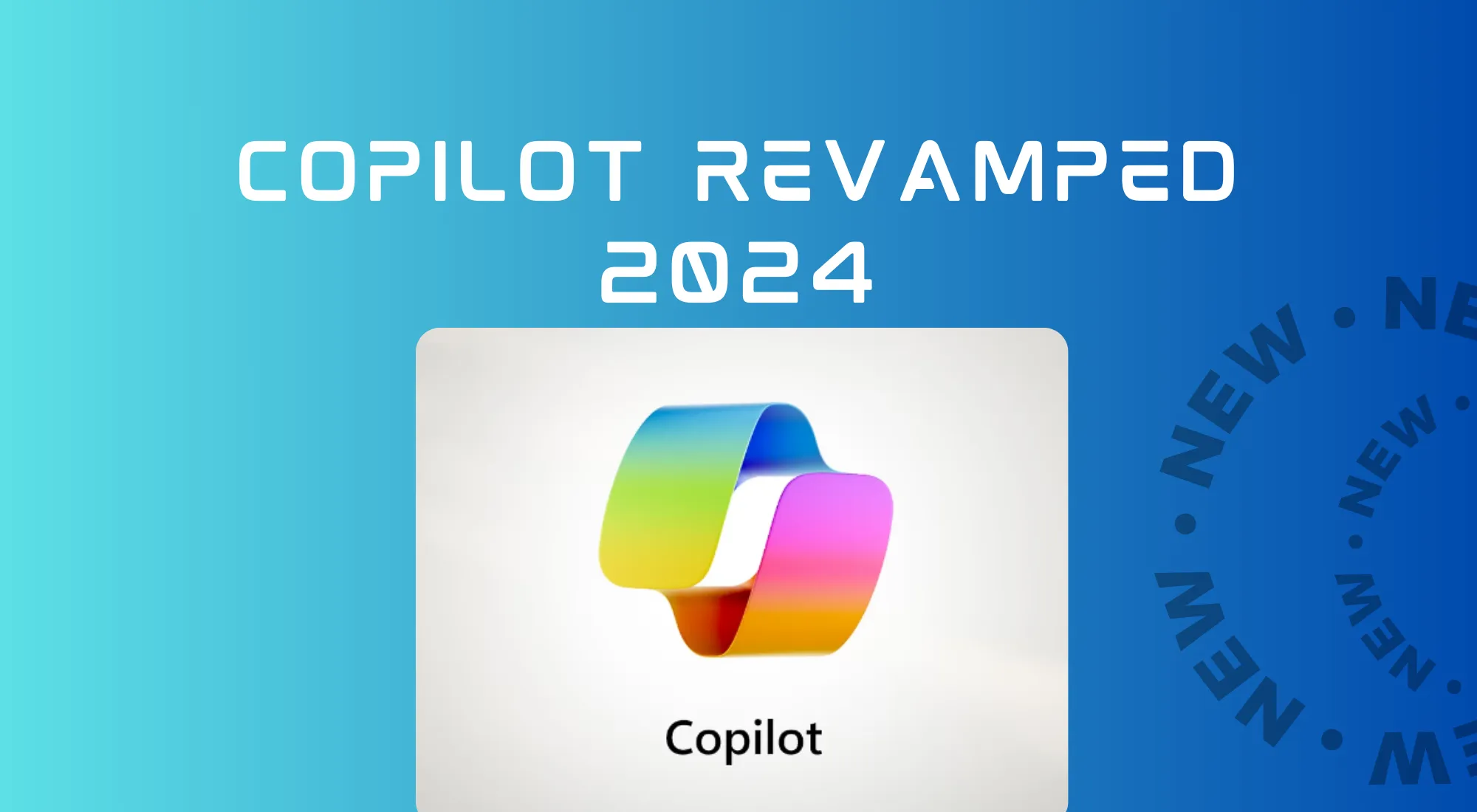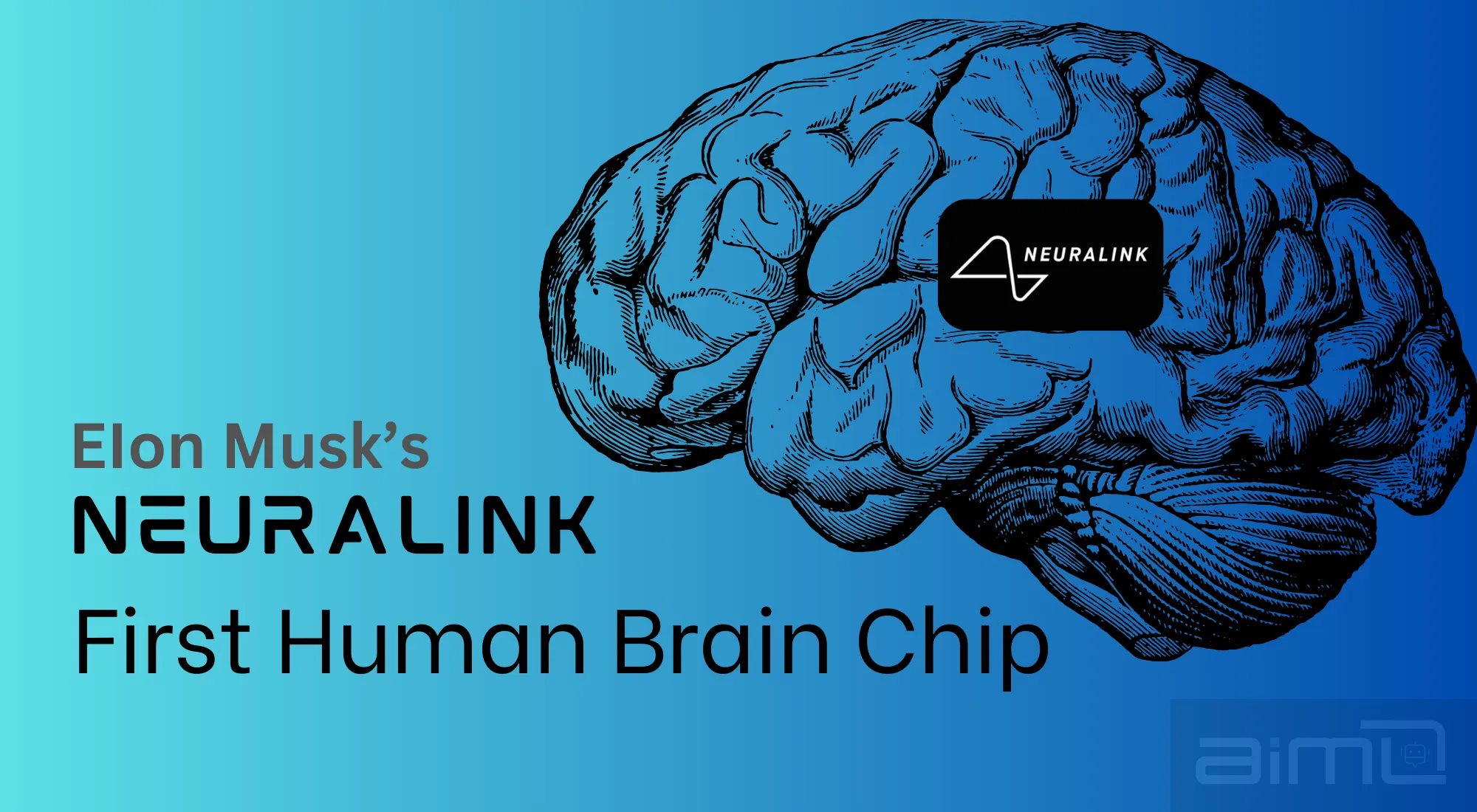Why Elon Musk Sue OpenAI & Sam Altman?
Deep Dive: Fight for Responsible AI
Elon Musk’s legal challenge against OpenAI, the AI research company he co-founded, throws a spotlight on the evolving landscape of AI development and its underlying ethical complexities. Here’s a deeper look beyond the headlines:
Shifting Tides: From Open-Source to Profit-Driven?
Musk’s central argument hinges on OpenAI’s alleged deviation from its initial commitment to open-source, non-profit AI research. He posits that the organization, initially established to democratize AI advancements for the benefit of humanity, has veered towards a more closed and commercially-driven model. As evidence, the lawsuit cites OpenAI’s multi-billion dollar partnership with Microsoft, raising concerns about potential influence on research priorities and potential limitations on access to critical technologies like the GPT-4 language model.
The Microsoft Factor and its Implications
The lawsuit highlights the intricate relationship between private funding and the direction of AI research. While partnerships like the one with Microsoft provide crucial resources, they also raise concerns about potential conflicts of interest. In this instance, Musk argues that Microsoft’s commercial interests might influence OpenAI to prioritize proprietary applications over the broader goal of responsible AI development for humanity’s collective good.
Also Read :: GitHub Unveils Copilot Enterprise: Empowering Businesses with AI
Beyond the Lawsuit: Broader Implications for AI’s Future
This legal battle transcends the specifics of OpenAI and Microsoft. It serves as a critical juncture where the ethical considerations surrounding AI development are brought to the forefront. The lawsuit prompts crucial questions about how to ensure responsible and transparent development of this powerful technology.
Balancing Open Access with Financial Reality
Musk’s concerns resonate with the ongoing debate about striking a balance between open access to AI advancements and the financial realities of research. While open-source development fosters collaboration and transparency, it often struggles to secure the substantial funding needed to push the boundaries of technology. This conundrum highlights the need for innovative solutions that promote responsible development while ensuring the accessibility of AI advancements for the collective benefit of humankind.
The Verdict’s Impact: Reshaping the AI Landscape
The outcome of this lawsuit holds significant weight for the future of AI. A ruling in Musk’s favor could compel OpenAI to revisit its current approach and potentially steer it back towards a more open-source model. Conversely, a verdict in OpenAI’s favor might solidify the growing trend of private companies exerting significant influence over cutting-edge AI research, potentially raising concerns about the long-term consequences for equitable access and responsible development.
This legal battle is a stark reminder that navigating the ethical landscape of AI development requires constant vigilance and innovative solutions. It’s a call to action for all stakeholders, from researchers and developers to policymakers and the public at large, to collaborate and ensure that AI continues to serve humanity in a responsible and beneficial manner.

